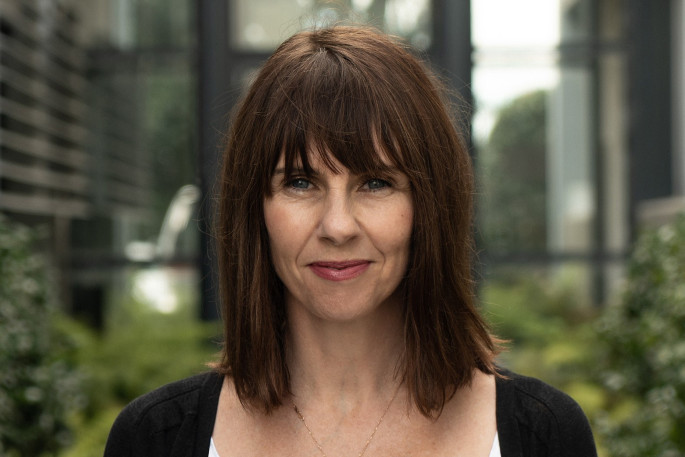This Content Is Only For Subscribers
Air New Zealand has announced its largest purchase of sustainable aviation fuel to date, securing more than 30 million litres to be uplifted from Los Angeles and San Francisco through to February 2026.
This volume of SAF will deliver up to an 80 per cent reduction in carbon emissions across its lifecycle compared with jet fuel made from fossil fuels. This SAF is manufactured by Neste in Singapore from 100 per cent renewable waste and residue raw materials such as animal fat waste and used cooking oil.
Air New Zealand’s chief sustainability and corporate affairs officer Kiri Hannifin says this purchase represents 1.6 per cent of the airline’s total fuel supply for FY25 will be SAF, meaning the airline will reach its SAF target for the year – more than four times the volume of SAF the airline used in FY24.
“1.6 per cent is still a very small proportion of our total fuel use, but it’s four times more than we carried last year, so I am thrilled with the trajectory. Like all airlines, we urgently need to move away from our high reliance on fossil fuels as quickly as we can. Securing year-on-year higher volumes of SAF is critical.”
“Momentum around SAF policy and production continues globally, with airlines, governments, airports, and fuel companies moving towards alternative fuels at an increasing pace, particularly in the Asia-Pacific region, which is incredibly gratifying for a South Pacific airline like us.
“While we are doing what we can at a global and industry level, we also need supporting SAF policy in New Zealand which may also pave the way for domestic production. We are seeing more and more governments overseas moving to enact low-carbon aviation policies to support their economies, so we’d love to see similar support here to ensure New Zealand isn’t left behind in the move to lower emissions fuels,” says Kiri.
“As an airline, we are targeting using 10 per cent SAF by 2030. We’ve invested in two feasibility studies to understand if New Zealand production from feedstocks like woody biomass could become a reality and we are delighted that it can be.
“We’re pulling every lever available to us because sitting on our hands is not an option. The climate crisis is worsening, and we are responsible for changing the course of action to protect our natural environment for future generations.”
“We are proud to support Air New Zealand’s efforts to increase their usage of SAF as a key lever to reduce aviation emissions,” says Neste’s vice president renewable aviation business Alexander Kueper.
“This supply of our Neste MY Sustainable Aviation Fuel at Los Angeles and San Francisco airports is another great step in our cooperation and we are looking forward to continuing working together with Air New Zealand to reach their climate goals.”
The International Air Transport Association recently announced that in 2024, SAF production volumes reached 1.3 billion litres, double the 600 million litres produced in 2023. SAF accounted for 0.3 per cent of global jet fuel production and 11 per cent of global renewable fuel. This is significantly below previous estimates that projected SAF production in 2024 at 1.9 billion litres as key SAF production facilities in the US have pushed their production ramp-up to the first half of 2025.



